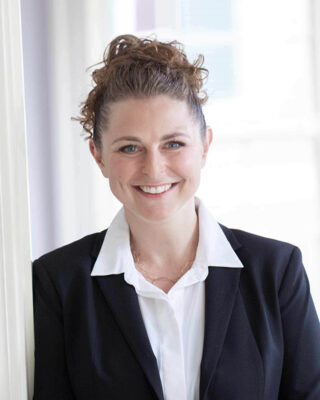There’s a tried and true method for curating art exhibitions: paint walls, hang pictures, write labels, and Bob’s your uncle. But what happens when a neuroscientist gets involved? This month on Curious Objects, Ben Miller travels to Salem, MA, to learn how researchers at the Peabody Essex Museum are analyzing the ways people look at art, and blazing the way for the museology of the future.
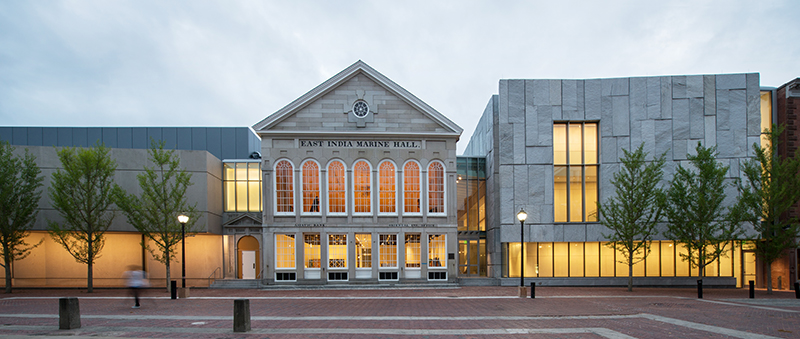
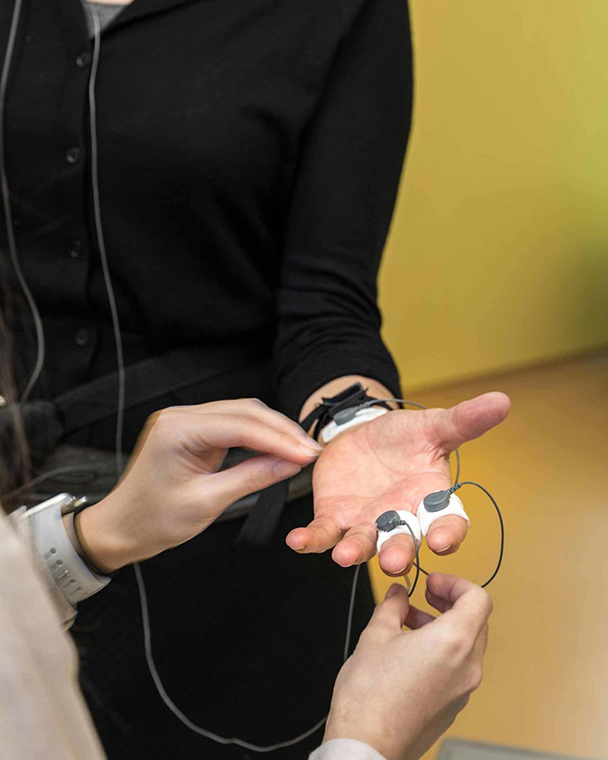
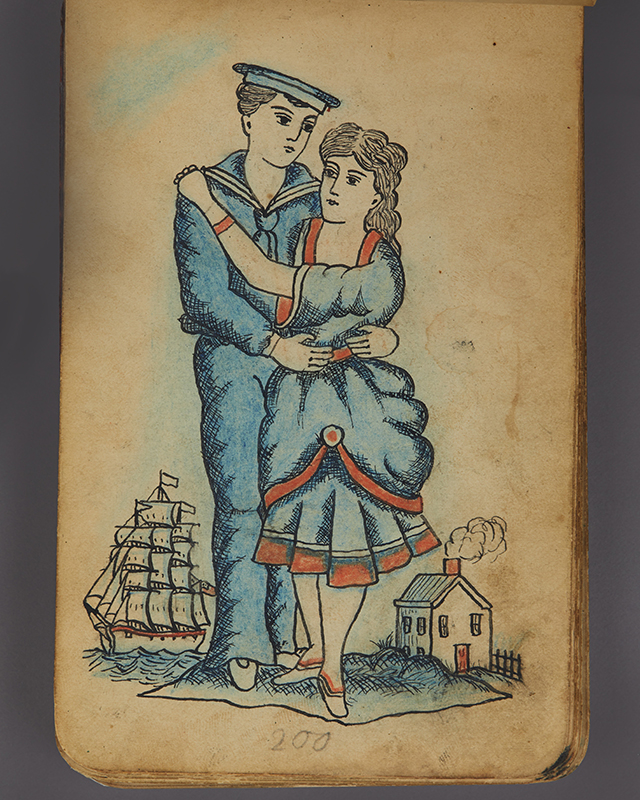
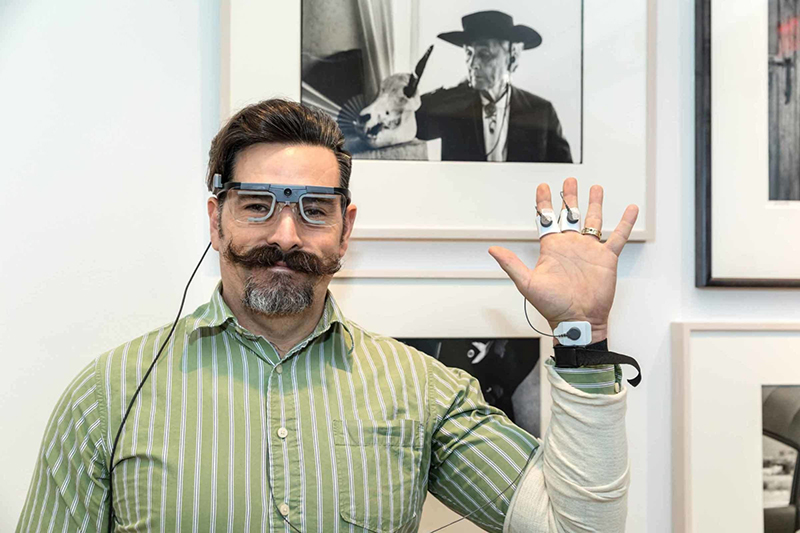
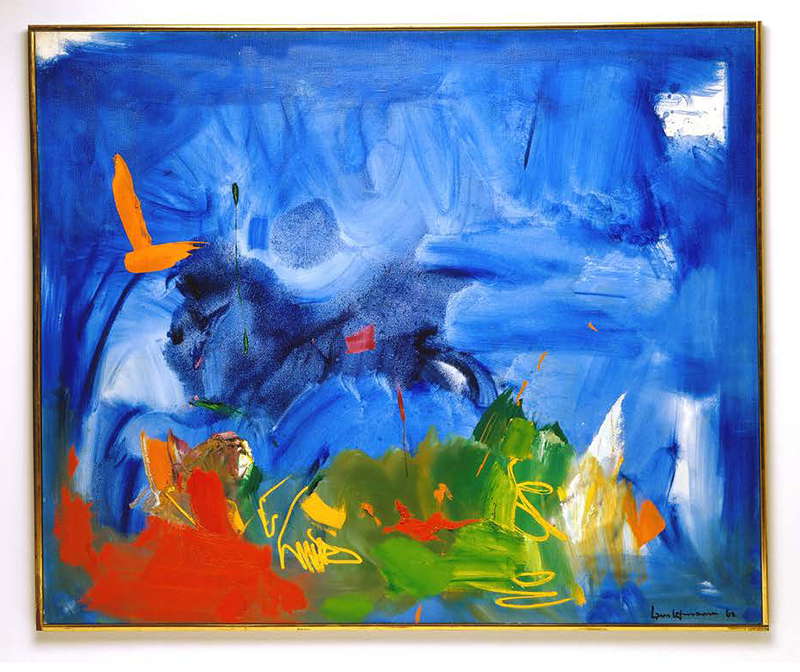

Brian Kennedy is the director and CEO of the Peabody Essex Museum. Born in Dublin, Kennedy has held senior leadership positions at art museums around the world, including posts in Ireland, Australia, and the United States. He joined PEM following a nine-year tenure as the president, director and CEO of the Toledo Museum of Art, where he oversaw one of America’s great art collections.
Tedi Asher has been the neuroscience researcher at PEM since 2017, following completion of a doctoral degree in the Biological and Biomedical Sciences program at Harvard Medical School. As the first neuroscientist on staff at an art museum, Asher helps to inform the exhibition design strategy by analyzing emerging neuroscientific findings and proposing recommendations to increase engagement and visitor impact.
